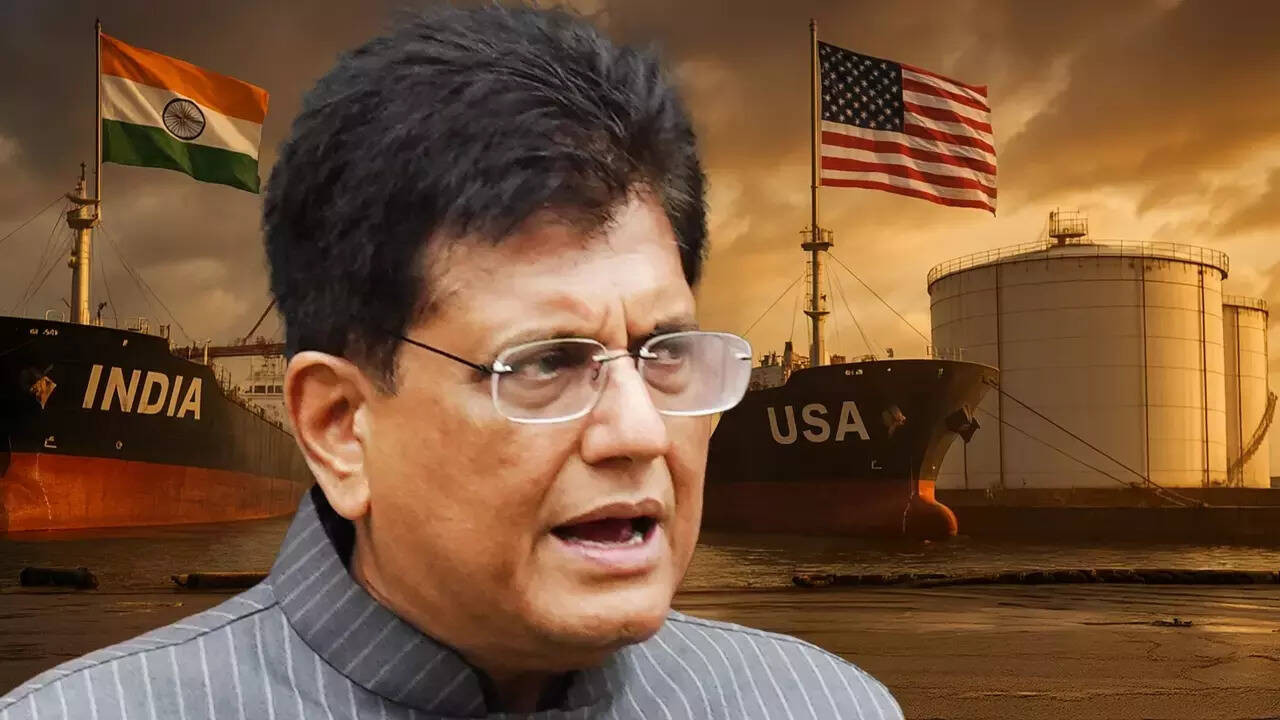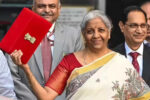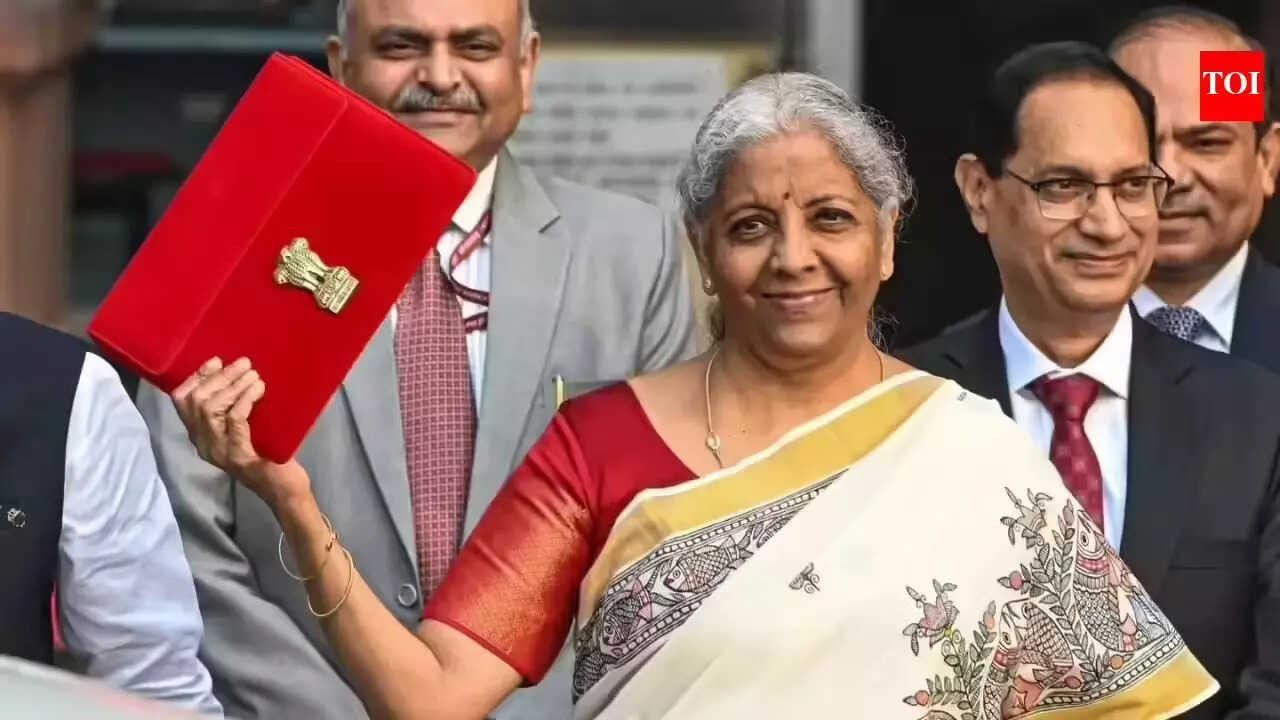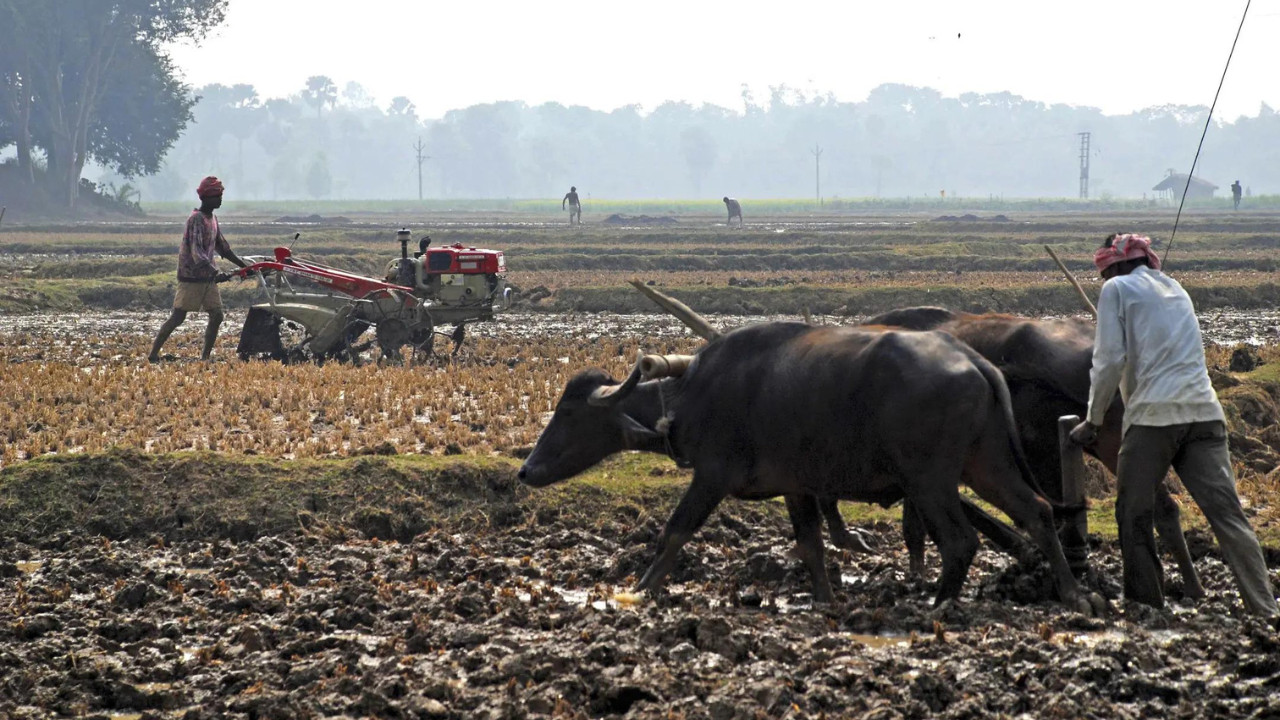Commerce Minister Piyush Goyal has said that no trade deals will be rushed, rejecting restrictive conditions from partner nations. This comes amid ongoing EU-India free trade talks and discussions with the US. Goyal’s remarks follow pressure from the US and EU regarding India’s Russian crude oil purchases, with the US imposing tariffs.
India’s New Trade Stance: Playing the Long Game
For years, the global narrative around trade agreements has often revolved around speed – the race to ink deals, the pressure to liberalize markets, and the anxiety of being left behind. But India seems to be rewriting that script, signaling a significant shift in its approach to international trade negotiations.
Commerce Minister Piyush Goyal has made it abundantly clear: India isn’t in a rush. The country is prioritizing quality over speed, carefully evaluating the terms and conditions of proposed agreements with major players like the US and the EU. This isn’t about rejecting trade – it’s about ensuring that any deal serves India’s long-term interests and doesn’t compromise its economic sovereignty.
This deliberate approach marks a departure from the urgency that often characterizes trade negotiations. What’s driving this change? Several factors appear to be at play.
First, there’s a growing recognition that hastily crafted trade agreements can have unintended consequences. Past experiences have taught India the importance of thoroughly assessing the potential impact of trade deals on domestic industries, particularly smaller businesses and agricultural sectors. India is keen on avoiding deals that may benefit others at its own economic cost.
Second, India is asserting its position as a major economic power. No longer content to be a passive recipient of trade terms dictated by others, India is demanding a seat at the table and actively shaping the conversation. This involves pushing back against restrictive conditions and advocating for fair and equitable terms. This firm approach is also critical to protecting Indian industries.
The ongoing negotiations with the US and the EU offer a glimpse into India’s new trade strategy. While keen on strengthening economic ties, India is unwilling to compromise on issues that are crucial to its development. For example, concerns around data localization, intellectual property rights, and market access for agricultural products are all being carefully considered.
What does this mean for the future of India’s international trade?
Several potential scenarios could unfold.
* More Balanced Agreements: India’s firm stance could pave the way for more balanced and mutually beneficial trade agreements. By resisting pressure to concede on key issues, India could secure deals that truly reflect its economic strengths and priorities.
* Regional Focus: While pursuing bilateral agreements, India may also prioritize strengthening regional trade ties within Asia. Initiatives like the Regional Comprehensive Economic Partnership (RCEP), even without India’s participation, highlight the importance of regional integration for economic growth. Focusing on fostering trade relationships within the region could be a viable alternative to rushing into agreements with Western powers. Read more about India’s economic strategy here.
* Increased Domestic Focus: A more cautious approach to trade agreements could lead to a greater emphasis on strengthening domestic industries and promoting self-reliance. This involves investing in infrastructure, improving the ease of doing business, and fostering innovation.
The Impact on Global Trade Dynamics
India’s evolving trade strategy could have significant implications for the global trade landscape. It could encourage other developing countries to adopt a more assertive approach in trade negotiations, demanding fairer terms and resisting pressure to liberalize too quickly. This could ultimately lead to a more equitable and sustainable global trading system.
India and International Trade: A Calculated Approach
Ultimately, India’s message is clear: it’s not anti-trade, but it is pro-India. The country is determined to pursue trade agreements that are in its best interests, even if it means taking a more measured and deliberate approach. This new stance reflects India’s growing confidence and its determination to play a leading role in shaping the future of global trade. The focus now is less on speed and more on sustainability, balance, and long-term prosperity.








